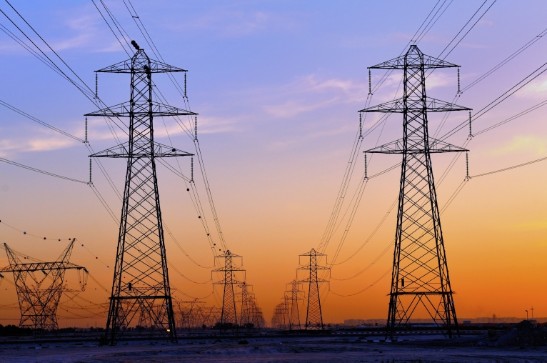
Egypt Sweating
When I lived in the northern city of Alexandria, Egypt in the summer of 2010, blackouts were an annoying fact of life. Living in a cramped apartment on the seventh floor without air-conditioning was hard enough, but when the fan shut off due to the failing electrical grid, there was no escape. Luckily for me I only endured such heat and unpredictable electricity for six weeks, but my Egyptian colleagues were not as fortunate.
A massive energy problem in Egypt has been building for years. Subsidies for consumer goods and fuels have been around since the 1920s, and have become embedded into the Egyptian political and social landscape. Now, Egypt must use a large portion of their own dwindling natural gas (which powers most of Egypt’s electricity) to power the plants while they struggle to find imports abroad. This is growing increasingly difficult as gas fields’ and infrastructure deteriorate (due to a lack of investment), and the government struggles to pay off debts to foreign energy firms. Egypt now owes about $5.7 billion in back payments. This, combined with a politically chaotic environment, harms investment interests in a nation that desperately needs it.
According to a recent report, a third of Egypt’s public spending is directed annually toward subsidies, amounting to more than 13 percent of gross domestic product (GDP). These subsidies pay for many consumer goods, ranging from tea to petroleum. Without the infusion of cash from the Gulf countries, in which close to $20 billion has been committed, Egypt’s foreign reserves would plummet and their fiscal position be rendered unsustainable.
Essentially, the government is keeping prices artificially low in order to provide cheaper goods to the population. This is all fine and well except for the fact that the government must make up the difference, draining the treasury. The energy subsidy is currently around $17 billion a year, eating about one-fifth of the country’s budget. This year alone Egypt is $9.8 billion over budget on energy subsidies.
Egypt’s new president elect, Abdel Fattah al-Sisi, must develop a comprehensive energy plan to address this crisis. Egyptians need to find a way to cope without energy subsidies by lowering consumption rates and creating energy efficient solutions such as renewable energy sources. However, a reduction in subsidies will harm the people who depend on them the most, the poor, which according to the CIA World Factbook is 22 percent of the population (2008 est.). According to another report, close to 45 percent of Egyptians live on less than two dollars a day.
In a politically chaotic environment where the past two rulers (who could not fix the energy crisis) were removed from office after massive protests, such drastic changes may prove to be too overwhelming, regardless of who is spearheading them. In the summer months when temperatures rise and people depend more on energy to cool off, rolling blackouts can fuel frustrations and pressure people to take to the streets. Al-Sisi will need to walk a fine line between curbing Egypt’s dependency on energy subsidies, while also keeping the population happy. I certainly would not want his job.






[…] Egypt Sweating […]
[…] fuel such as gasoline and diesel should be subsidized by the government. This sense of entitlement threatens the economy and encourages prolific use of limited energy reserves. This heavy subsidization gives little […]
[…] cost the Egyptian government roughly a third of its public spending, or the equivalent of 13 percent of its gross domestic product. This year alone Egypt is $9.8 […]